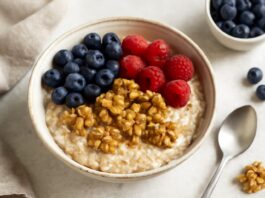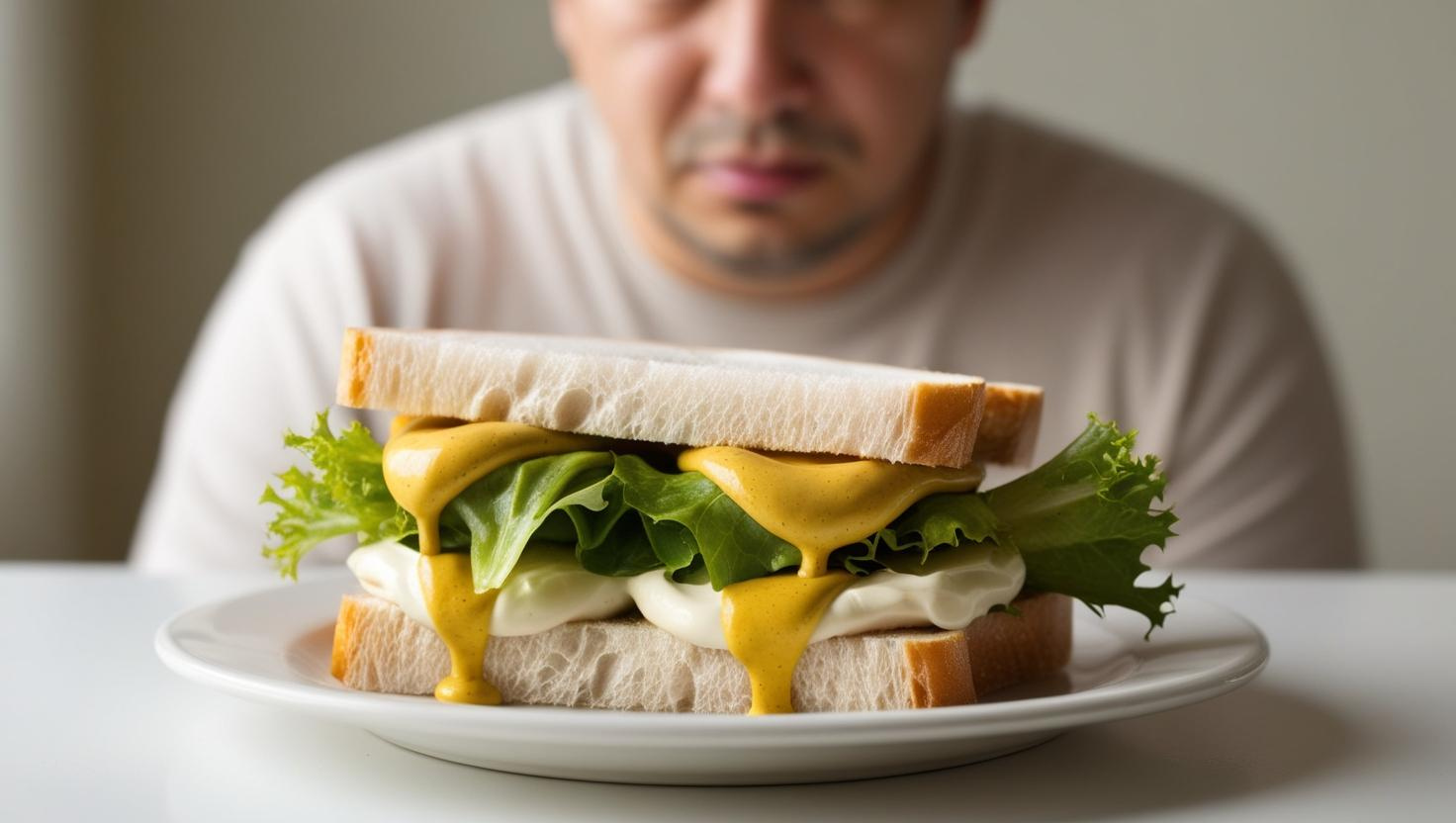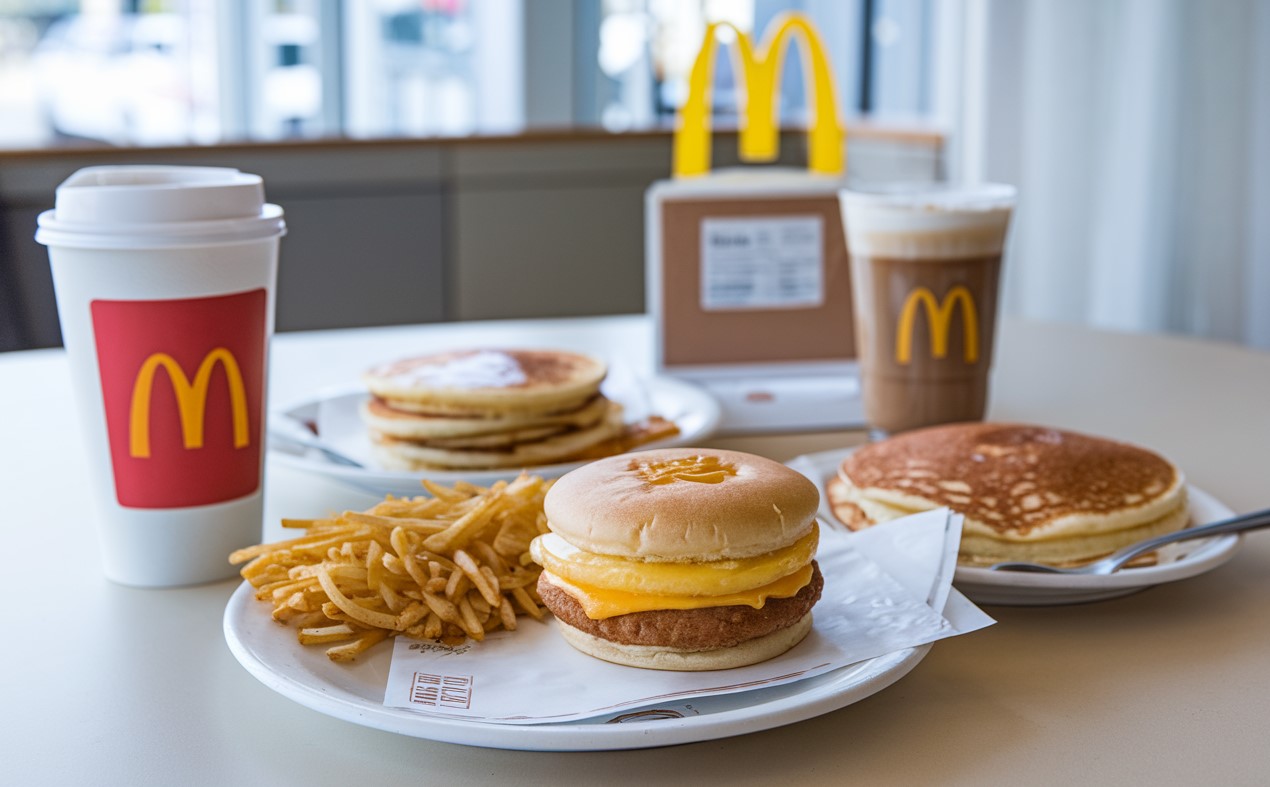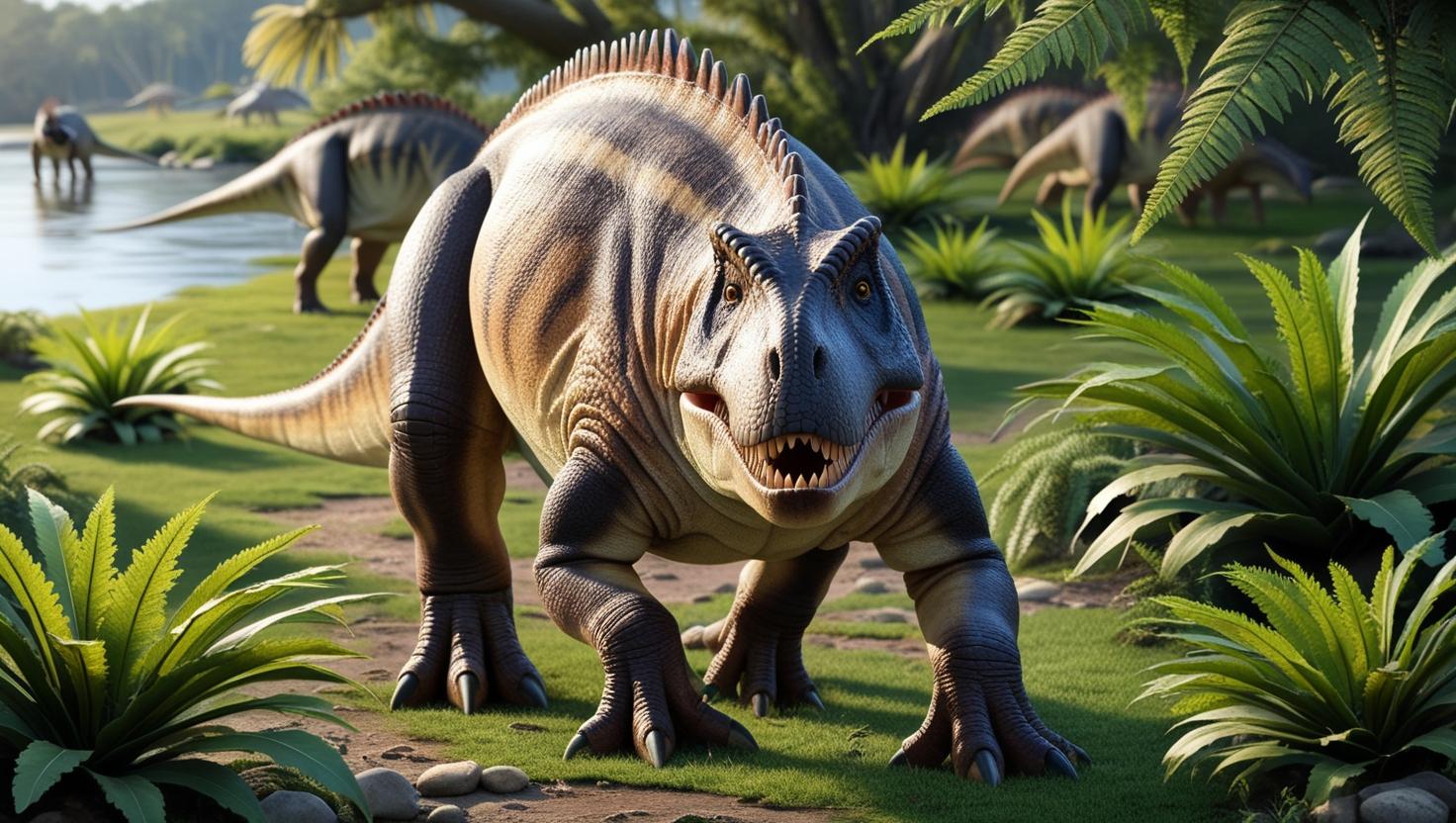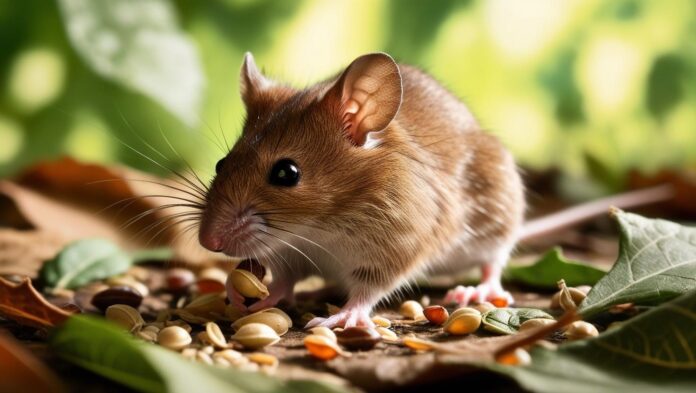
What Do Mice Eat? A Complete Guide to Their Diet and Feeding Habits
Mice are fascinating creatures that have adapted to thrive in various environments, from the wild to our homes. Understanding their diet is crucial, whether you’re dealing with a mouse infestation or caring for a pet mouse. In this comprehensive guide, we’ll explore what mice eat, their dietary preferences, and how to ensure they get the nutrition they need.
1. Introduction to Mice and Their Diet
Mice are omnivores, meaning they eat both plant-based and animal-based foods. Their diet varies depending on their environment—whether they’re living in the wild or as domesticated pets. Understanding their dietary habits can help you manage them effectively, whether you’re trying to keep them out of your home or care for them as pets.
2. What Do Mice Eat in the Wild?
In the wild, mice are opportunistic feeders. They eat whatever is available to survive. Here’s a breakdown of their natural diet:
Plant-Based Foods:
- Seeds and Grains: Mice love seeds and grains, which are a staple in their diet. They often forage for these in fields and forests.
- Fruits and Vegetables: Wild mice consume fruits, berries, and vegetables when they’re in season.
- Nuts: Acorns, walnuts, and other nuts are a favorite for mice.
Animal-Based Foods:
- Insects: Mice eat insects like beetles, caterpillars, and grasshoppers for protein.
- Small Animals: Occasionally, mice may eat small animals like snails or even other mice.
Other Foods:
- Fungi: Mice sometimes eat mushrooms and other fungi.
- Human Food Scraps: In urban areas, mice often scavenge for leftover human food.
3. What Do Pet Mice Eat?
Pet mice have different dietary needs compared to their wild counterparts. A balanced diet is essential for their health and longevity.
Commercial Mouse Food:
- Pellets or Blocks: These are formulated to provide a balanced diet and should make up the majority of their food.
- Seed Mixes: These can be given as a supplement but should not be the primary food source, as mice may pick out their favorite seeds and ignore the rest.
Fresh Foods:
- Fruits: Apples, bananas, and berries (in moderation).
- Vegetables: Carrots, broccoli, and leafy greens like spinach.
- Protein Sources: Cooked eggs, mealworms, or small amounts of cooked chicken.
Treats:
- Whole Grains: Oats, barley, and rice.
- Nuts and Seeds: Sunflower seeds, pumpkin seeds, and unsalted peanuts.
4. Nutritional Needs of Mice
Mice require a balanced diet to stay healthy. Here’s what their diet should include:
- Protein: Essential for growth and repair. Found in insects, eggs, and commercial mouse food.
- Carbohydrates: Provide energy. Found in grains, fruits, and vegetables.
- Fats: Necessary for energy and nutrient absorption. Found in nuts and seeds.
- Vitamins and Minerals: Important for overall health. Found in fresh fruits and vegetables.
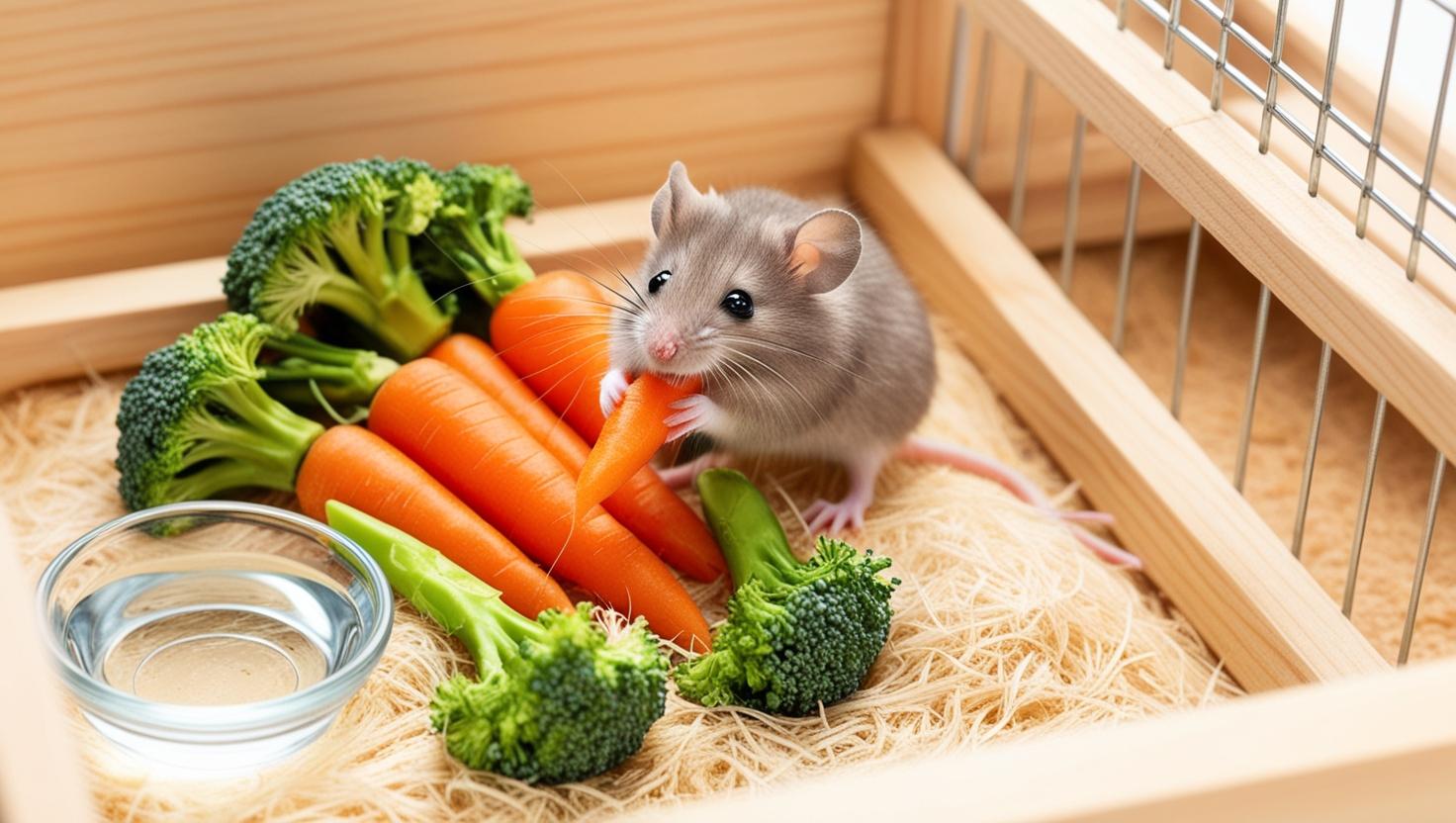
5. Foods Mice Should Avoid
Not all foods are safe for mice. Here’s a list of foods to avoid:
- Chocolate: Toxic to mice.
- Citrus Fruits: Can cause digestive issues.
- Onions and Garlic: Harmful to their health.
- Processed Foods: High in salt and sugar, which are unhealthy for mice.
- Dairy Products: Mice are lactose intolerant.
6. How Often Do Mice Eat?
Mice have a high metabolism and need to eat frequently. Here’s what you need to know:
- Wild Mice: They eat 15-20 times a day, foraging for food throughout the day and night.
- Pet Mice: Provide food daily and ensure fresh water is always available.
7. Tips for Feeding Pet Mice
- Provide a Balanced Diet: Ensure their diet includes a mix of commercial food, fresh fruits, and vegetables.
- Avoid Overfeeding: Mice can become obese if overfed.
- Clean Food Dishes Regularly: Prevent mold and bacteria growth.
- Monitor Their Health: Adjust their diet if they show signs of weight loss or gain.
8. Frequently Asked Questions (FAQs)
Q1: Can mice eat cheese?
- While mice can eat cheese, it’s not their favorite food and should be given in moderation due to its high fat content.
Q2: Do mice eat meat?
- Yes, mice are omnivores and will eat small insects and even other mice if necessary.
Q3: How much water do mice need?
- Mice need constant access to fresh water. A pet mouse typically drinks about 3-5 ml of water per day.
Q4: Can mice eat bread?
- Yes, but it should be given in small amounts as it lacks nutritional value.
9. Conclusion
Understanding what mice eat is essential for managing them, whether in the wild or as pets. By providing a balanced diet, you can ensure their health and well-being. Remember to avoid harmful foods and monitor their eating habits closely. With the right care, mice can thrive and live a healthy life.

